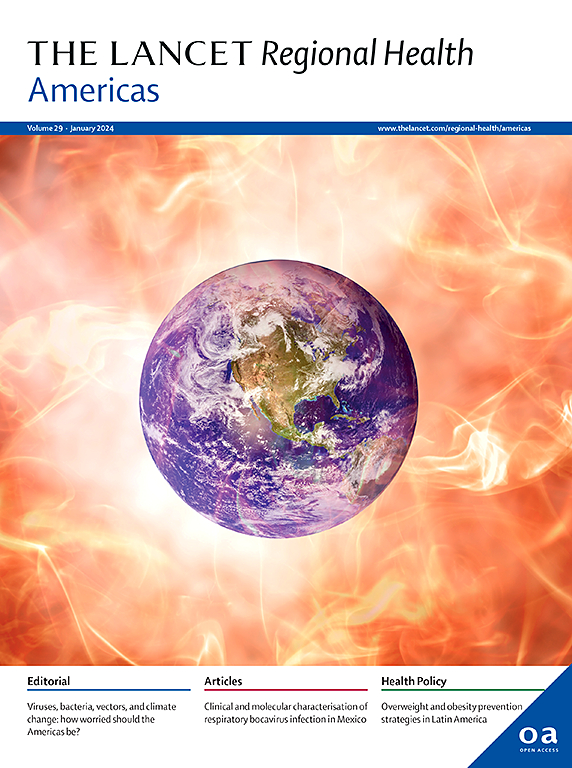Perspectives on the intersection of race and ethnicity, immigration status, and sexual and gender minoritised status among clinical and scientific workforces in Latin America
IF 7
Q1 HEALTH CARE SCIENCES & SERVICES
引用次数: 0
Abstract
Latin America is a highly diverse region comprised of populations with multiple intersecting identities. In this paper, we explore how race and ethnicity, immigration status, and sexual and gender minoritised status combine to affect entry into and advancement within clinical and scientific workforces in Latin America. Drawing upon intersectionality theory and existing evidence, we explain how individuals with multiple marginalised identities are particularly disadvantaged in accessing high-level positions and face barriers such as discrimination, poverty, and statistical omission. We also discuss that increasing diversity in the clinical and scientific workforces will likely benefit from system-level changes addressing educational and workplace inequality, creating mentorship opportunities, designing educational campaigns to reduce stigma and discrimination, and improving survey measures to better understand the diversity of populations. Prioritising diversity and inclusion in the clinical and scientific workforces can improve research and healthcare delivery, ultimately reducing existing economic and health inequities in the region.
求助全文
约1分钟内获得全文
求助全文
来源期刊

Lancet Regional Health-Americas
Multiple-
CiteScore
8.00
自引率
0.00%
发文量
0
期刊介绍:
The Lancet Regional Health – Americas, an open-access journal, contributes to The Lancet's global initiative by focusing on health-care quality and access in the Americas. It aims to advance clinical practice and health policy in the region, promoting better health outcomes. The journal publishes high-quality original research advocating change or shedding light on clinical practice and health policy. It welcomes submissions on various regional health topics, including infectious diseases, non-communicable diseases, child and adolescent health, maternal and reproductive health, emergency care, health policy, and health equity.
 求助内容:
求助内容: 应助结果提醒方式:
应助结果提醒方式:


